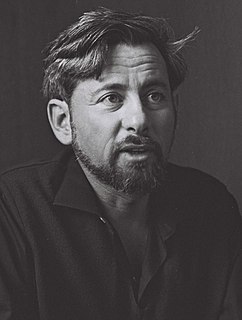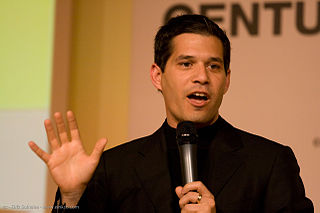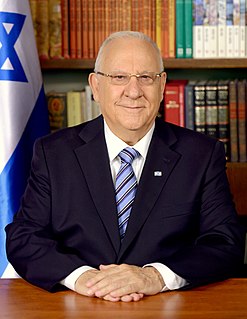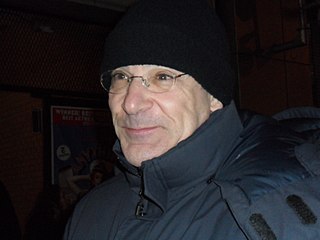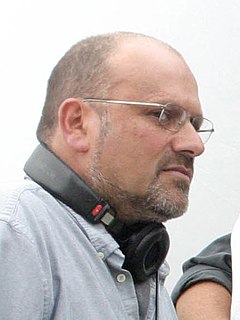A Quote by Barack Obama
As you travel through the Middle East what keeps on striking home to me is how similar everyone is, and yet the degree to which we can find differences to fight wars over. It requires a great deal of empathy, I think, between various sides to overcome this history and live in peace.
Related Quotes
I think the public is very reluctant to get involved in more foreign wars, especially in the Middle East. And they understand, implicitly, that we go to war in the Middle East because of oil. And if we don't want to go to war in the Middle East, then we have to do something about the oil problem. And I think that view is gaining ground in the U.S.
History, in [Nietzsche's] view, belongs to him who is fighting a great fight, and who needs examples, teachers and comforters, but cannot find them among his contemporaries. Without history the mountain chain of great men's great moments, which runs through millennia, could not stand clearly and vividly before me.
Perhaps peace is not, after all, something you work for, or 'fight for.' It is indeed 'fighting for peace' that starts all the wars. What, after all, are the pretexts of all these Cold War crises, but 'fighting for peace?' Peace is something you have or do not have. If you are yourself at peace, then there is at least some peace in the world. Then share your peace with everyone, and everyone will be at peace.
Reading their letters and the First Amendment of the US Constitution, I infer that this nation's founders noted that religions have been at the center of great deal of trouble, so they precluded the US government from getting involved in religion, i.e. "... shall make no law respecting an establishment of religion, or prohibiting the free exercise thereof..." Over the centuries, various religions have laid claim to various morals; consider the difficulties outsiders are having today in the Middle East, for example.
Everything I pick up seems to lure me away. Everything I do in my daily life begins to feel like striking wet matches. The need to travel is a mysterious force. A desire to 'go' runs through me equally with an intense desire to 'stay' at home. An equal and opposite thermodynamic principle. When I travel, I think of home and what it means. At home I'm dreaming of catching trains at night in the gray light of Old Europe, or pushing open shutters to see Florence awaken. The balance just slightly tips in the direction of the airport.
It was important for me to show that Beirut and Lebanon were once the pearl of the Middle East. Beirut was once called the Paris of the Middle East and to have that feeling of a destroyed place that once was beautiful and glamorous and visually impressive was important. I think it's even sadder to get the feeling that this country, and indeed the whole Middle East, could have been a major force in the world if people would get together and forget about destruction, death and wars. But unfortunately, it's not happening yet.

